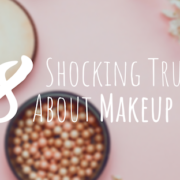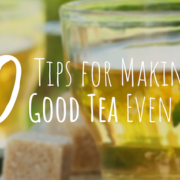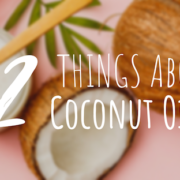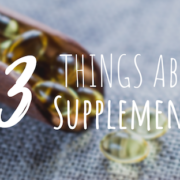Essential Oils: The Good, The Bad, The Ugly
Essential Oils are a mainstay in many homes for various purposes. Those who love them swear by their healing properties and use them to improve physical or emotional discomfort including skin care, topical remedies and even household cleaning! On the other hand, those who haven’t used Essential Oils may see it as a waste of money hyped by health food stores, sales representatives, or wellness enthusiasts. However, knowing Essential Oil fact from fiction (especially when there are all sorts of information always lurking around) comes down to impeccable research because what may be appropriate for one person may not necessarily be so for the next!
The Good
Also known as volatile oils, Essential Oils are extracted from plants. They are all-natural and have a legitimate therapeutic use and even more so, the science to back it up. Some have antimicrobial and anti-inflammatory effects. An oil such as lavender has been shown to improve sleep quality, encourage hair regrowth in those suffering from hair loss and affect cognitive function and mood, and improve memory. Thanks to its expectorant qualities, inhaling eucalyptus oil has been shown to alleviate a cough and congestion. What’s more impressive is, according to research, a combination of eucalyptus and peppermint oil can boost cognitive performance! Other benefits of using Essential Oils include:
- Boost energy levels
- Balance hormones
- Digestive support
- Alleviate emotional stress, including aches and pains
- Boost skin and hair health
- Improve brain function
- Fight infections and boost immunity
Essential Oils have many health, medicinal and therapeutic benefits thanks to their antibacterial, antiviral, antidepressant, stimulating, detoxifying, calming and antioxidant properties such as vitamin A and E that help fight against free radicals.
Diffusers are a popular way to infuse your home with a pleasant fragrance.
The Bad
Some Essential Oils, such as lavender, rose, or peppermint, contain a very high concentration of the herb or plant they are derived from and therefore, should be used carefully and in safe amounts. Used in copious amounts, especially undiluted on the skin their small molecular size can easily penetrate the skin and enter the bloodstream and may cause an adverse reaction. It is important to understand the correct use of each essential oil.
The Ugly
Essential oils cannot be patented, which is the main reason why most doctors will not recommend their use as alternatives to drugs. This is because big pharmaceutical companies will not spend or waste money studying them. Additionally, due to their potency, some essential oils cannot be applied to a child’s skin because it is much thinner and more delicate than adults. Oils such as aniseed, Cedarwood, chamomile, Clary sage, rosemary, jasmine, to name a few are considered harmful to women in their first trimester of pregnancy, including nursing mums too because they cause imbalances during pregnancy or cross the placenta and get to the baby.
Cats and dogs have an acute sense of smell, and their bodies will react and absorb the oils differently to some of the compounds in essential oils such as rosemary, thyme, for dogs and oils such as eucalyptus, lavender, peppermint, clove for cats. It is imperative that you research or seek reputable advice when dealing with Essential Oils.
Now that you know, Essential Oils anyone?
At Bundaberg Health Foods, we have a variety of organic essential oils for any purpose. Come in, have a browse and take your favourites with you!













Comments are closed.